At first glance, the term digital banking can seem daunting and unnecessary — why lose that personal touch, that rapport that humanizes banking and brings clarity to one’s financial decisions? The reality, however, is much simpler than that. In fact, chances are most of us have already made the transition from traditional to digital banking without even realizing it.
One of the main building blocks of financial technology (Fintech), digital banking encompasses everything in the realm of online banking services — from online payment processing and e-commerce services, all the way to fully digitized banking experiences with virtual financial institutions.
Digital Banking in Egypt: Exciting Opportunities for Economic Growth
Helping Egypt take that leap of faith into digital banking and, ultimately, a cashless economy is BPC. Headquartered in Switzerland with offices in over 20 countries, BPC was founded in 1996 and has pioneered financial technology and digital banking solutions in over 90 countries.
“The main focus was banking payments and core solutions, so systems that would deal with ATMs, points of sale, debit and credit cards, Visa, Mastercard — everything that helps banks process consumer payments electronically. Then, eventually, the company evolved to provide those payment solutions and resources to other sectors outside the banking [industry],” explains Usama El Sayed, BPC‘s Chief Operating Officer for the Middle East and Africa and Managing Director for Egypt.
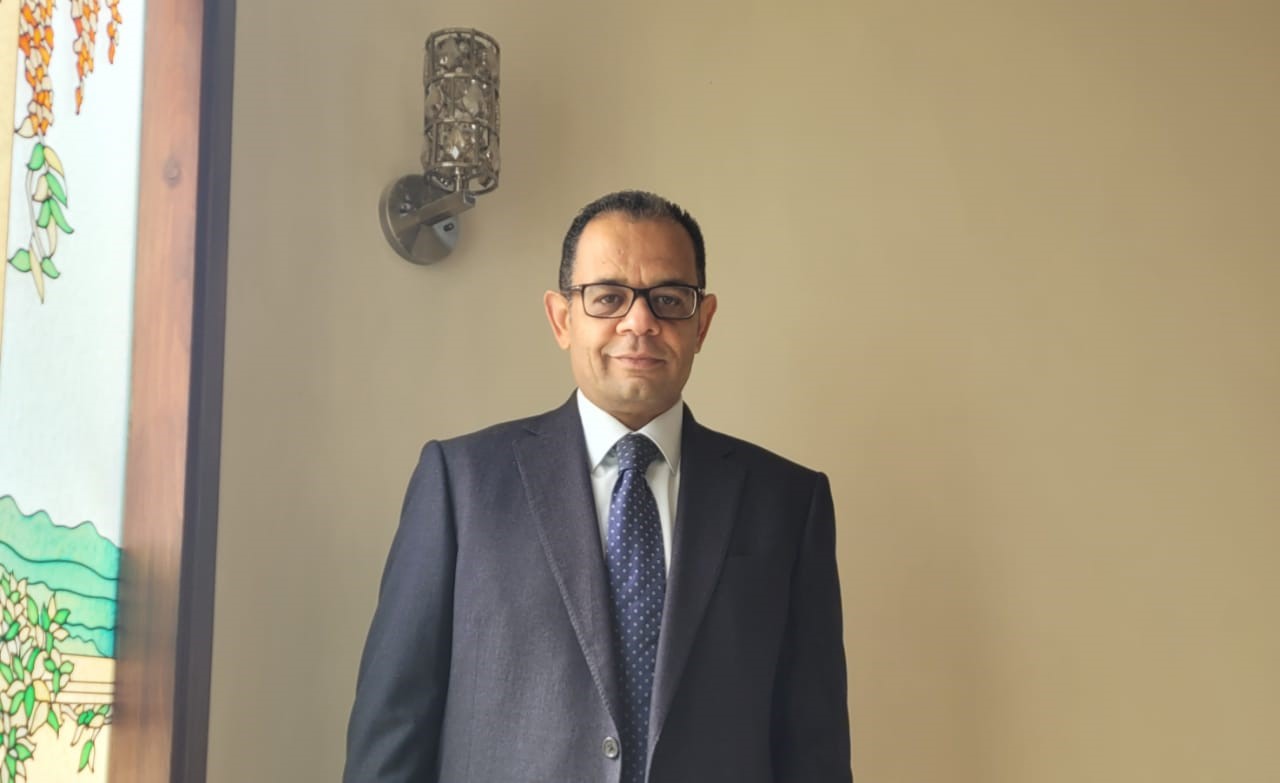
Having recently expanded its regional operations into Egypt, BPC is expecting massive returns. With a median age of 25, a massive urban population, and growing internet and mobile penetration, tech-savvy Egyptians are hungry for reliable digital banking solutions.
“I think 90 percent of the banks in Egypt provide traditional digital banking [where users are able] to transact through a mobile device. What is really new here is having a completely digital bank, providing complete end-to-end digital banking without any physical presence, without any interaction with a human person,” El Sayed tells Egyptian Streets.
Empowering organizations to integrate its innovative technology and digital banking solutions as part of their business models, BPC is in the process of launching a number of projects and partnerships with several companies in Egypt.
Working with Masria Digital Payments (MDP), the market leader in smart card production and payment processing in Egypt and Africa, BPC is crafting digital banking solutions that would further develop the country’s fintech space.
“[We have been] trying to figure out how we can help them achieve that vision and that strategy — to [take] their business digital, which would help them in the markets in which they operate, in Egypt and across Africa […] We are providing the right technology, the right solutions for them to become fully digital — as a third party processor to banks in Egypt and Africa, and they understand those markets. So this is a perfect match,” El Sayed says of BPC’s partnership with the Egyptian fintech company.
But beyond the convenience and user-friendliness of it all, digital banking makes financial services accessible to everyone. This accessibility can alter the current economic and financial paradigm, especially in underbanked countries like Egypt, where only 32.8 percent of the population has access to banking services. This could translate to higher cash flow solvency for banks and an overall healthier financial system, but more importantly, it could mean more opportunities for small and medium enterprises (SMEs).
“The idea is to enable people to use electronic [or digital] means of payment [because then] they will be more encouraged to leave their money in their banks as they can easily purchase from stores, etc. The more you have [mainstream] acceptance of electronic money, the more people will rely on e-money and move to the banking system,” El Sayed explains.
With decades of microfinance experience under its belt, BPC could contribute to some of the main drivers of economic growth in Egypt: SMEs and the agricultural industry in Egypt.
Digital Banking Can Revolutionize Low-Tech Industries and Lead to Better Governance
Working with leading Egyptian B2B marketplace eAswaaq Masr, the Agricultural Bank of Egypt (ABE), as well as the Egyptian government, BPC is currently implementing a joint project to develop a digital marketplace for stakeholders in the country’s agribusiness in order to streamline the industry’s day-to-day operations. Additionally, the platform will also give farmers access to banking services and financing opportunities provided by EAB and other partner financial institutions.
“Through this technology, farmers will be able to connect easier and faster with their suppliers—those who provide seeds, fertilizers, etc. [The platform will also allow] farmers to sell their products to distributors of crops, [food and beverage companies], etc.,” El Sayed explains.
“This is going to create a lot of transparency in that market, [which addresses] one of the challenges facing the farming industry in Egypt. As it stands, every group of distributors is dealing with a certain group of farmers and that is it, so farmers don’t see the breadth of the market and [neither do the distributors].”
However, this transparency wouldn’t only be helping the farmers, says El Sayed. It would also benefit Egyptian taxpayers. “This sector is subsidized in Egypt. Through this marketplace, we can ensure the fair and correct distribution of subsidies to the farmers as well,” he remarks.
As it stands, agricultural subsidies in Egypt are dispensed in the form of cash handouts. In this new marketplace being developed by BPC — expected to go live by the end of this quarter, the amount of the subsidy would be determined by a data-driven process and it would only be redeemable for select supplies.
“Because in that marketplace we know information about the land that this farmer has, where it is and what type of crops [it can produce], the government can provide the right amount and it can only be used to buy certain input supplies,” El Sayed explains.
“[In the current system], you don’t know what the farmer is doing with the subsidy. Thanks to this technology however, the subsidy is given in the form of electronic [or digital] money that can only be used in the marketplace on certain types of crops and from certain suppliers and so on. So you are closing the cycle and making sure that the subsidy is spent much more efficiently.”
This flagship project encapsulates the immense potential of digital banking and fintech in a country like Egypt and the palpable need for such solutions, which is why the company plans on recreating this marketplace model for other sectors of the economy as well.
“The following phases will focus on other sectors related to (SMEs) and [will] involve microfinance as well, which is part of that ecosystem we are building together with eAswaaq in Egypt,” El Sayed affirms.
But beyond that, BPC is also driving de facto banking inclusion with a project that will see the country’s public transportation system move to a cashless model, in line with the Egyptian government’s national strategy.
“We are providing consumers with digital solutions to enable payments in the transportation sector … Everyone uses transportation so if you get people to use their cards or their mobiles to pay for transportation in a seamless manner, it would push more people to rely less on cash and use electronic money, which goes hand in hand with banking inclusion,” the BPC COO says.
This digitization of the banking experience is increasingly becoming the norm. Once a distant prospect, the inevitable digital shift has been accelerated by the COVID-19 pandemic, during which online shopping, digital banking, distance learning and many other activities have seen an unprecedented boom.
This signifies the beginning of a new era, one in which most human activities are taken to the digital realm. As Egypt and other developing countries take their first steps in the long journey towards digital migration, financial inclusion is once again a focal point for economic growth. Whether digital banking and the future of finance will go the way of business as usual capitalism remains to be seen.
One thing is for certain though, this next stage of human evolution will see seismic changes in the way we understand and internalize concepts like money, value and the economy.

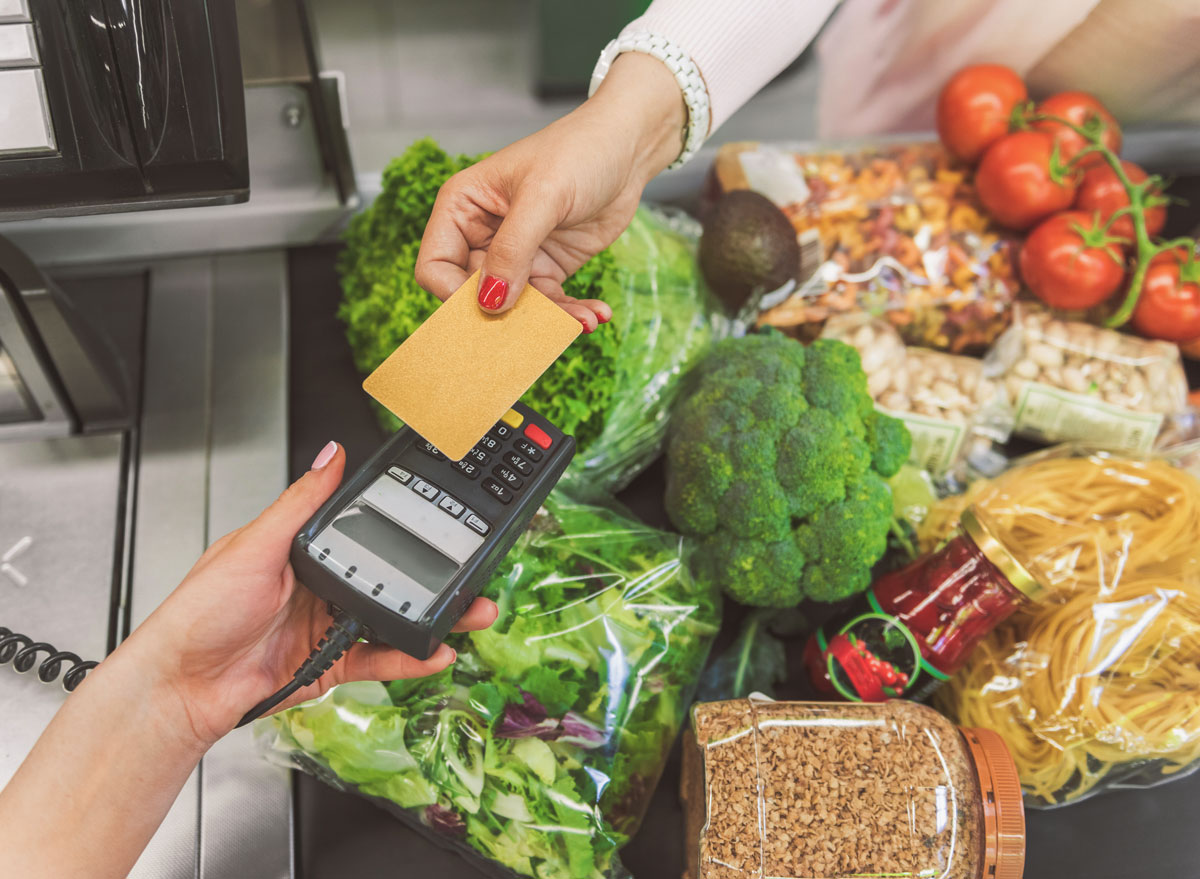
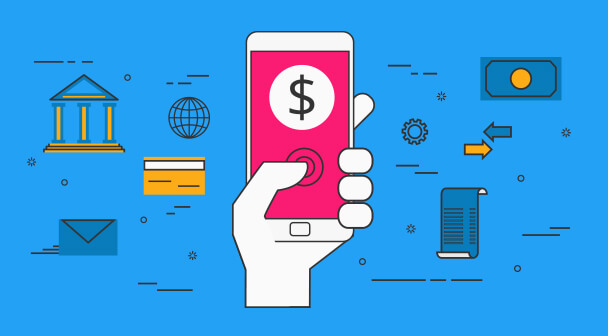

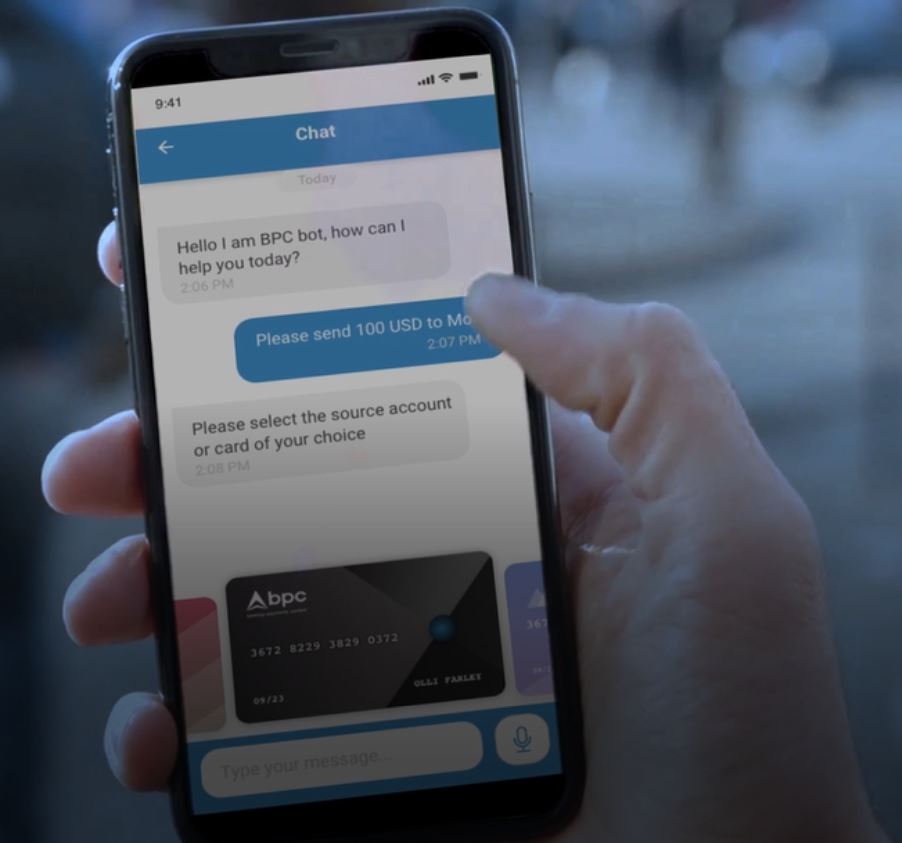



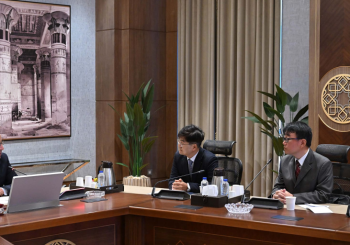
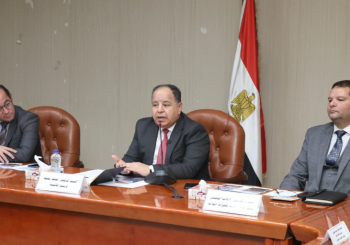
Comment (1)
[…] Source link […]